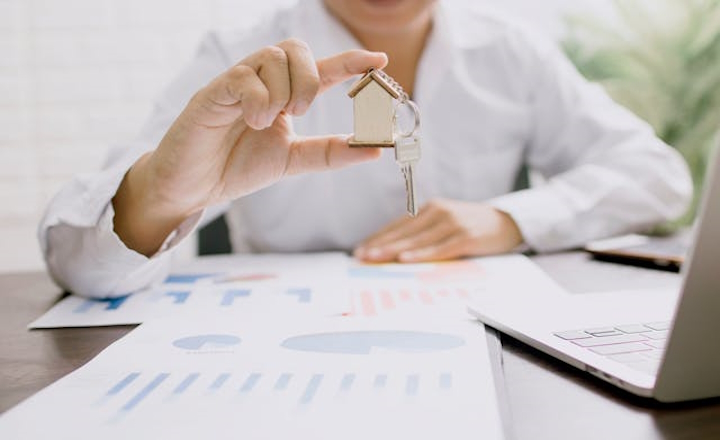
Buying a property is an exciting milestone, but it comes with more expenses than just the purchase price. From taxes to ongoing maintenance, the true cost of homeownership often surprises first-time buyers. Understanding these costs in advance can help you budget realistically and avoid financial strain.
This guide breaks down the main expenses you should expect when purchasing a property, so you can plan ahead and make informed decisions every step of the way.
1. The Purchase Price — And Beyond
The most obvious cost when buying a property is the agreed purchase price. However, the price on the listing is rarely the final number you’ll pay. In competitive markets, you might have to offer above the asking price to secure your ideal property.
Even after you’ve agreed on a price, there may be other immediate costs — such as small renovations, new furniture, or upgrades to improve energy efficiency. Planning for these extras in advance will help you avoid financial strain later.
2. Stamp Duty and Taxes
One of the biggest expenses outside the purchase price is stamp duty (also called transfer duty). This is a government tax based on the property’s value, and rates vary depending on your location and whether you’re a first-time buyer. Some buyers qualify for concessions or exemptions, which can save thousands.
Other government fees, such as land transfer registration costs, may seem small individually but can quickly add up. It’s best to research these charges early in your property search so you’re not caught off guard.
3. Legal and Conveyancing Fees
Buying a home is a legal process that requires professional assistance. A conveyancer or property lawyer will handle contracts, perform title searches, and ensure the transfer is completed correctly. They’ll also identify any potential issues with the property, such as unpaid rates or legal restrictions.
This is where working with an experienced real estate professional can be beneficial. If you’re exploring options in Queensland, for example, a trusted local expert familiar with affordable houses for sale in Kedron for first-time buyers can guide you through both the legal and financial steps while helping you stay within budget.
4. Building and Pest Inspections
Before finalising a purchase, it’s essential to have the property inspected. A building inspection can uncover structural issues, water damage, or faulty wiring, while a pest inspection checks for termites or other infestations that could lead to costly repairs.
Although inspections are an upfront expense, they can save you from buying a property that requires significant hidden repairs. If issues are found, you may be able to negotiate a lower price or have the seller address them before settlement.
5. Mortgage-Related Costs
Securing a home loan often involves additional fees. Common charges include loan application fees, valuation fees (to confirm the property’s market value), and lender’s mortgage insurance (LMI) if your deposit is less than 20% of the property’s value.
Different lenders have varying fee structures, so it pays to shop around. A mortgage broker can help you compare options and identify the most cost-effective solution for your needs.
6. Moving Costs and Immediate Setup
Once you’ve purchased the property, you’ll need to factor in moving expenses, which can include hiring professional movers, renting a truck, or purchasing packing supplies. These costs vary depending on the distance of your move and the volume of your belongings.
You may also have to pay for immediate setup expenses, such as connecting utilities, installing internet, or buying essential household items. Planning for these costs in advance ensures a smoother transition into your new home.
7. Ongoing Ownership Expenses
Owning a property means taking on regular costs that renters don’t face. These include council rates, water rates, insurance premiums, and maintenance expenses. If you’re buying in a community with shared facilities, you may also need to pay body corporate or strata fees.
It’s wise to set aside a maintenance fund for unexpected repairs, such as fixing a leaking roof, replacing an appliance, or addressing plumbing issues. This financial cushion can help you avoid debt when surprise costs arise.
Conclusion
Purchasing a property involves far more than just paying the asking price. By understanding and budgeting for expenses like taxes, legal fees, inspections, mortgage charges, moving costs, and ongoing maintenance, you’ll be better prepared for the realities of homeownership.
The more informed you are, the smoother your buying journey will be — and the more confident you’ll feel about your investment. With the right planning and professional support, you can secure a property that fits your budget and lifestyle without unpleasant financial surprises.




